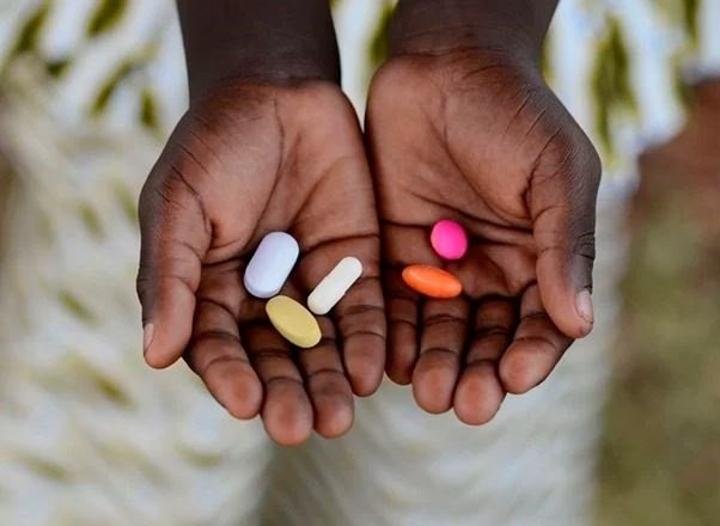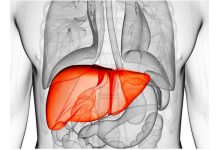Africa-Press – South-Africa. Long queues, medication shortages and rude healthcare workers.
These are some of the issues highlighted by a report by civil organisation Ritshidze in the second edition of the North West State of Health.
The report states that while there is a significant improvement in medication stockouts compared to 2021, problems persist.
This year there were 398 reports of different medicines being out of stock across 57 health facilities, down from 895 reported at 56 facilities last year. About 26% of patients said they or someone they knew had left the facility without the medicines they needed.
Forty-two patients reported shortages of HIV medication and 55 patients reported a shortage of contraceptives. About 8% of patients went home empty-handed because of a shortage of medication.
Covid-19: So, what do we do with all of our masks now that they are no longer required?
The report used data from Ritshidze, a community-led monitoring system developed by organisations representing people living with HIV, including the Treatment Action Campaign and the National Association of People Living with HIV.
More than 600 patients were interviewed about their experiences in the healthcare system. The interviews were conducted at health facilities like Potchefstroom Clinic, Lehurutshe Clinic and Zeerust Clinic.
The report recommends that from January 2023, the North West Department of Health should implement a provincial strategy to address stockouts and shortages of medicines and other medical tools and supplies.
“This must address the impact of human resource shortages, poor management, and infrastructure where these impact on the ability of facilities to order and store supplies. Increasing the number of pharmacy staff in facilities must be a priority as they are often the first to acknowledge a short supply of medication,” the report states.
While there are still medication shortages, waiting times at health facilities have improved by at least an hour compared to last year.
US Supreme Court ends constitutional right to abortion
Waiting times have decreased from five hours last year to four hours in 2022.
“However, 91% of public healthcare users interviewed think that waiting times are still long. 64% of those people blamed staff shortages for the long hours of waiting. While marginal improvement has been identified in staffing levels in the last year — from 0% of facility managers reporting enough staff last year, up to 15% this year — this remains a very high proportion of understaffed sites.”
The report also found that the province has some of the cleanest facilities when compared to other provinces. About 77% of public healthcare users reported that clinics were “very clean” or “clean” — and only 5% of public healthcare users reported that facilities were “very dirty” or “dirty”.
But facilities still don’t have enough space.
“92% of facility managers interviewed reported needing more space for waiting areas, filing systems, and rooms for private HIV counselling/testing and medical care. These infrastructural issues negatively impact the overall experience of public healthcare users, including putting people at risk of getting TB, facilitating privacy violations, and lengthening waiting times as staff search for files.
“The North West is lagging behind in extending the supply of ARVs, with just 6% of people living with HIV interviewed reporting 3-month ART refills — compared to 25% in the same reporting period last year. Extending ARV refills is an important strategy to support people living with HIV to remain on treatment as well as ease the burden on already overstretched facilities.”
The report also recommends that healthcare workers needed to improve their attitudes when dealing with patients.
“It remains a priority to urgently improve staff attitudes to ensure friendly and welcoming services for all people living with HIV and key populations, including those returning to care after a treatment interruption. Instead, too often, people are made to feel unwelcome or even bullied and ill-treated by clinic staff, including security guards.
“Only 58% of public healthcare users thought that clinic staff were always friendly and professional. People living with HIV who return to the clinic can also be shouted at or sent to the back of the queue. This only discourages people from ever going back.”
Provincial health chief director Masela Mokhutswane-Kaudi said the department was aware of the issues raised in the report and would work at fixing them.
For More News And Analysis About South-Africa Follow Africa-Press






